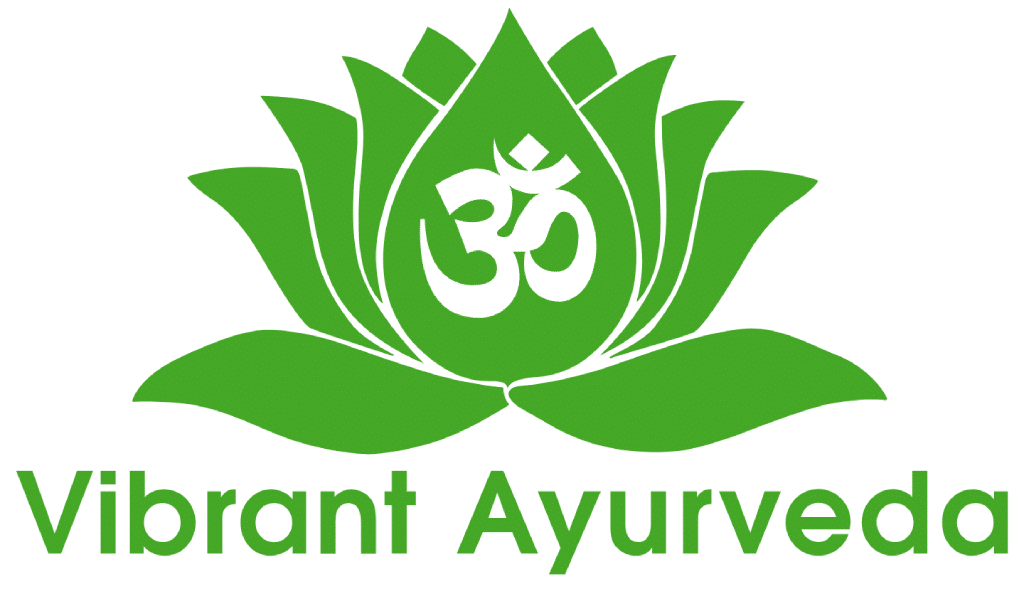In our fast-paced world, where the emphasis on quick fixes and modern medicine prevails, the ancient wisdom of Ayurvedic medicine offers a refreshing, holistic approach to health and wellness. The fundamental question, “What is Ayurvedic medicine used for?” reveals the depth and breadth of this timeless healthcare practice, deeply rooted in the natural world and the understanding of the individual’s unique constitution.
The Essence of Ayurveda
Ayurveda, a 5,000-year-old system of natural healing, has its origins in the Vedic culture of India. The word “Ayurveda” combines two Sanskrit words—Ayur, meaning life, and Veda, meaning science or knowledge—translating to “the science of life.” This ancient medicine emphasises balance among the body, mind, and spirit as the foundation for optimal health and longevity. Unlike conventional medicine, which often focuses on treating symptoms, Ayurveda seeks to address the root causes of illness and promote wellness on all levels.
The Three Doshas: Understanding Your Constitution
At the heart of Ayurvedic medicine is the concept of the doshas—three energies that govern physiological activity. These doshas, known as Vata (air and space), Pitta (fire and water), and Kapha (earth and water), determine individual differences in health. An imbalance in any of these doshas can lead to disease, and Ayurvedic practices aim to restore balance through diet, lifestyle, herbal remedies, and body treatments.
Ayurvedic Medicine in Everyday Life
1. Diet and Nutrition
According to a blog by Calm, keeping hydrated, eating foods rich in antioxidants, and ensuring sufficient sleep can result in clearer skin, better posture, and more efficient metabolism. Ayurveda emphasises the importance of a balanced diet tailored to one’s dosha type. It advocates for the consumption of whole, freshly prepared foods, and the use of spices and herbs not only for flavour but also for their healing properties. Understanding what Ayurvedic medicine is used for in dietary terms can transform your approach to eating, making food a cornerstone of preventive healthcare.
“To eat is a necessity, but to eat intelligently is an art.” –Francois de la Rochefoucauld, a French Moralist
2. Lifestyle and Routine
Ayurvedic wisdom extends to the structuring of daily and seasonal routines, recognizing the significance of living in harmony with nature’s rhythms. Practices such as waking up early, yoga, meditation, and self-massage (Abhyanga) are recommended to enhance vitality, emotional well-being, and mental clarity.
3. Detoxification and Cleansing
Detoxification, or Panchakarma, is a cornerstone of Ayurvedic medicine, used to cleanse the body of toxins that can lead to disease. Through a combination of dietary changes, herbal treatments, and body therapies, Panchakarma promotes healing and rejuvenation.
“Detoxing is necessary and a healthy part of our body’s processes.” –Christa Biegler, RD, LN, CLT Practitioner and Author of The Eczema Relief Diet & Cookbook
4. Stress Reduction and Mental Health
According to a blog by BetterUp, consistent exercise contributes to neuroplasticity by making your brain more sensitive to serotonin. Over time, it gives you more resilience to stress, which can help regulate mental health issues like anxiety and depression. Ayurveda offers a wealth of practices for managing stress and enhancing mental health, including meditation, breathing exercises (Pranayama), and the use of medicinal herbs. These practices foster an inner sense of peace and can mitigate the effects of stress on the body and mind.
5. Physical Treatments and Therapies
Ayurvedic medicine is renowned for its specialised treatments and body therapies, designed to restore balance and promote healing. These include:
-
-
- Therapeutic Massage (Abhyanga)
-
A nourishing oil massage that revitalises the body, improves circulation, and reduces stress.
-
-
- Detox Paste Massage (Udvartana)
-
A herbal paste massage that exfoliates and detoxifies the skin, improving lymphatic drainage.
-
-
- Shirodhara
-
A relaxation therapy involves a continuous flow of warm oil on the forehead, calming the mind and soothing the nervous system.
Integrating Ayurveda into Modern Life
While Ayurveda may seem distant from modern lifestyles, its principles are timeless and highly applicable today. By understanding one’s dosha, making conscious dietary and lifestyle choices, and incorporating Ayurvedic practices, individuals can achieve a balanced state of health and well-being.
Vibrant Ayurveda: Your Partner in Holistic Health
In the journey toward holistic health, Vibrant Ayurveda stands as a beacon of authentic Ayurvedic wisdom and practice. Located in Brisbane and the Gold Coast, this wellness centre offers a range of Ayurvedic services, including consultations, therapeutic massages, detox programs, and specialised treatments like Shirodhara and Panchakarma. With a team of highly qualified therapists and doctors, Vibrant Ayurveda is committed to providing personalised care that addresses the unique needs of each individual.
In answering the question, “What is Ayurvedic medicine used for?” we uncover a world where health is not merely the absence of disease but a vibrant state of balance and harmony. At Vibrant Ayurveda, we believe in the power of Ayurveda to transform lives. Whether you’re seeking relief from a specific health issue or looking to enhance your overall well-being, our comprehensive range of services is designed to support your health journey. Book an appointment at Vibrant Ayurveda today and live a healthier, more balanced life.
FAQS
Ayurvedic Medicine, or Ayurveda, is a 5,000-year-old system of natural healing rooted in the Vedic culture of India. It emphasises balancing the body, mind, and spirit to achieve health and wellness, using diet, lifestyle practices, and herbal remedies.
Ayurveda works by identifying an individual’s dosha (Vata, Pitta, Kapha) – a unique blend of physical, emotional, and mental characteristics. Treatments and recommendations are personalised to balance these doshas, thereby improving health and preventing diseases.
Benefits of Ayurvedic medicine include improved digestion, stress reduction, enhanced immunity, detoxification, and overall increased well-being. It offers a holistic approach, addressing not just symptoms but the root cause of illnesses.
Yes, Ayurveda can be particularly beneficial for chronic conditions such as arthritis, asthma, anxiety, digestive disorders, and more, by offering natural ways to manage symptoms and root causes through lifestyle adjustments and remedies.
A dosha is one of the three energies believed to circulate in the body and govern physiological activity. The three doshas — Vata (air and space), Pitta (fire and water), and Kapha (earth and water) — determine individuals’ health and imbalance tendencies.
An Ayurvedic diet involves eating according to your dosha type to maintain or restore health balance. It focuses on whole, fresh foods, seasonal eating, and the inclusion of six tastes (sweet, sour, salty, bitter, pungent, astringent) in every meal.
Common Ayurvedic treatments include Panchakarma (detoxification), Abhyanga (therapeutic massage), Shirodhara (oil dripping on the forehead), herbal remedies, and specific lifestyle and dietary recommendations tailored to individual needs.
To get started with Ayurvedic medicine, it’s recommended to consult with a qualified Ayurvedic practitioner. They can help determine your dosha and create a personalised treatment plan. Vibrant Ayurveda offers consultations and a range of Ayurvedic services in Brisbane and the Gold Coast.
Ready to experience the transformative power of Ayurvedic medicine? Book an appointment with one of our expert practitioners at Vibrant Ayurveda. Together, we’ll create a personalised wellness plan tailored to your needs. Begin your path to holistic health today.


